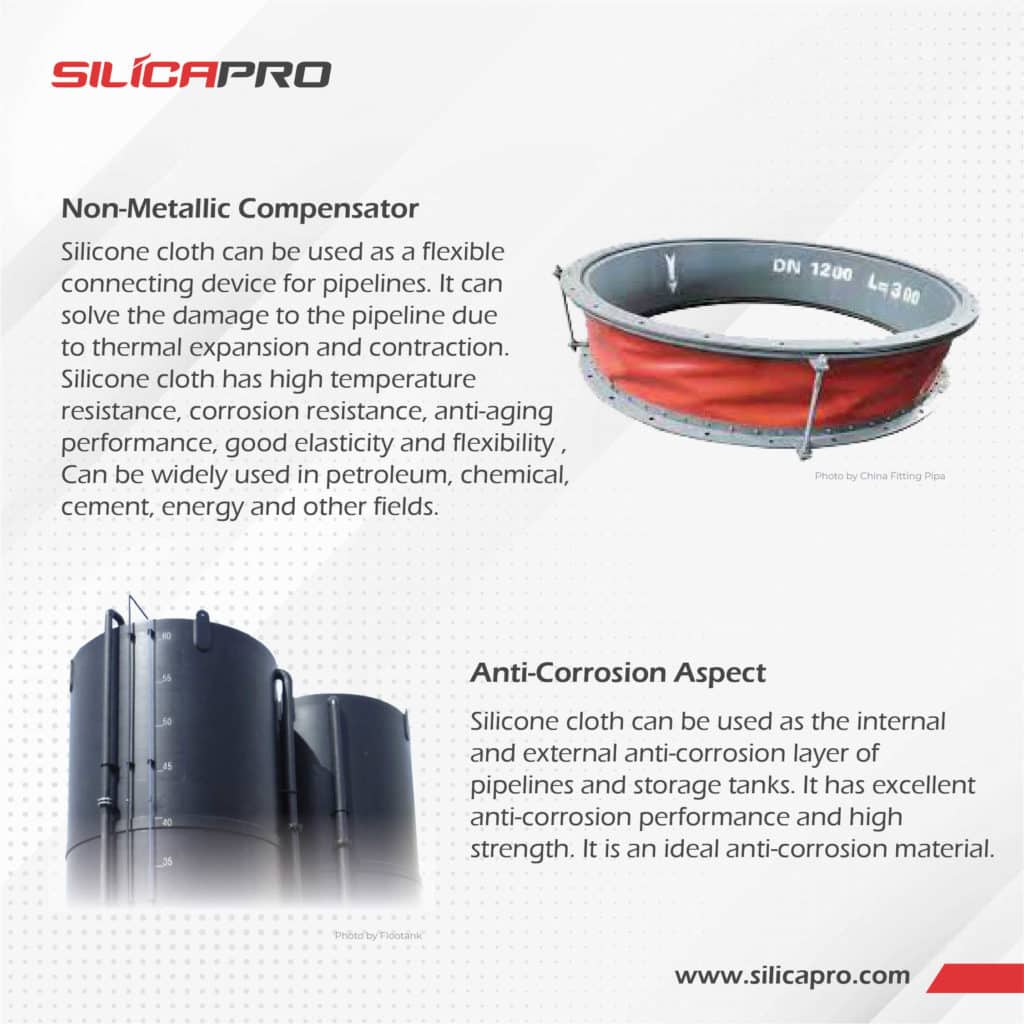
We know that fiberglass is a material that comes from a mixture of glass and resin, and the basic properties of these two materials are what make it not rust. Metal or other similar materials usually rust over time. That is why fiberglass is a popular alternative material. Besides being corrosion resistant, fiberglass is also a strong material. Fiberglass is a water-resistant material and it can last a long time.
Contents
What is Corrosion Resistance in Fiberglass?
Composite materials such as fiberglass and composite materials generally have anti-corrosion or corrosive properties. One example is the use of polymer pipes for channels. This pipe contains fiberglass, and many chemical factories use this material. This polymer pipe can last up to 25 years, proving that fiberglass is a very durable material for areas with harsh chemicals.
Composite materials such as fiberglass are a solution for many industries because of their corrosion resistant properties. We can find this material in the food and beverage industry, chemical factories, air pollution control, oil and mineral mining, and paper-making industries. It is also beneficial in environmental sectors such as water and waste treatment.
So, how can fiberglass resist corrosion? This property is related to what resin and reinforcements are involved in the manufacturing process. There are various types of resin. They influence the new products with different properties. Resins in fiberglass produce it into a durable material, resistant to exposure to chemicals, or high and low environmental temperatures.
Meanwhile, the reinforcing materials do not have many variations compared to the resin material that forms it. With the right combination, fiberglass is corrosion resistant, strong, water-resistant, and can last for decades with simple maintenance.
What are the Other Benefits of Using Fiberglass?
Naturally, apart from being corrosion resistant, fiberglass is also stain-resistant due to the unique properties of this material. So, it is not surprising that fiberglass has become a popular material for use in various needs.
For example, in coastal areas, you can easily find fiberglass material on the doors and windows of residential areas as well as accommodation and other facilities. Coastal areas are usually very susceptible to seawater which causes corrosion. Some building exteriors also use fiberglass to make it more durable for all seasons.
Besides that, it is easy to find the use of fiberglass in underground mining processes in bolts, pipes, compartments, and doors. Because apart from being corrosion resistant, fiberglass is also non-conductive to electricity. Several other advantages need to be taken into consideration when using fiberglass.
Save Budget
The reason is that fiberglass composite materials are more affordable but have high specifications and are very valuable. Why is the price more affordable? Because production costs are more economical and use affordable materials but with the best quality.
Quality
The fiberglass manufacturing process is strict and consistent to maintain product quality. Every process goes through the best molds and superior and well-maintained materials. Fiberglass also meets standards confirmed by a certificate. All processes involve skilled personnel to ensure quality products to customers.
Easy to Apply to Various Needs
In terms of assembly, it is so simple that quite a few can install it themselves without expert help. Installation of fiberglass is similar to other materials, for example, installation of metal channels or other cables. Installation of this material does not require a high level of expertise, you just need to follow standard procedures.
How to Clean Fiberglass Properly
If the fiberglass in your house is frequently exposed to water, for example when using fiberglass in a bathtub or shower, corrosion stains are likely to appear. But don’t worry because the cleaning is easy and doesn’t require special products. Use household products such as simple applicators. A rough applicator can damage the surface and prevent the stain from fading.
We recommend light and non-abrasive products such as polyester or nylon materials. Avoid using rough and hard materials. First, you can wet the stained layer with clean water. Then add enough baking soda powder.
Use a light brush such as a nylon brush, brush with water, and rub repeatedly on the parts that need cleaning. A mixture of water and baking soda will clean the surface of the stain, and let it work for an hour. Finally, rinse the mixture with a damp sponge. Repeat until clean until the corrosion marks are gone.
If you want to use it, try to do simple research about this material even though fiberglass is already popular and has many advantages. You can consult experts about how this material works and its unique properties. Also, consider where you will apply this material. Even though fiberglass has the advantage of being corrosion resistant, let yourself find out if this material can function optimally in the long term.
